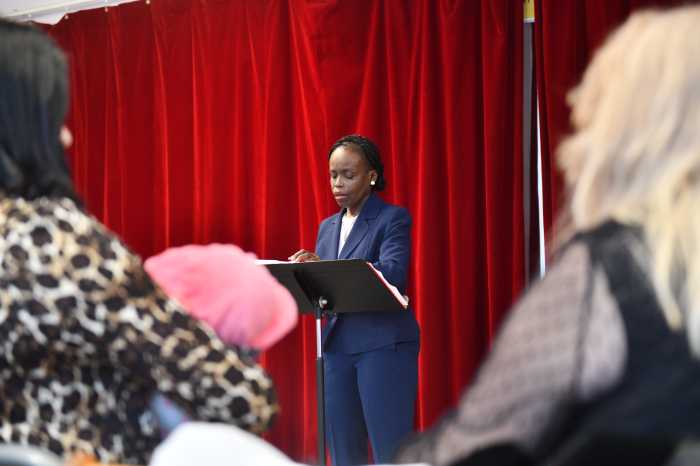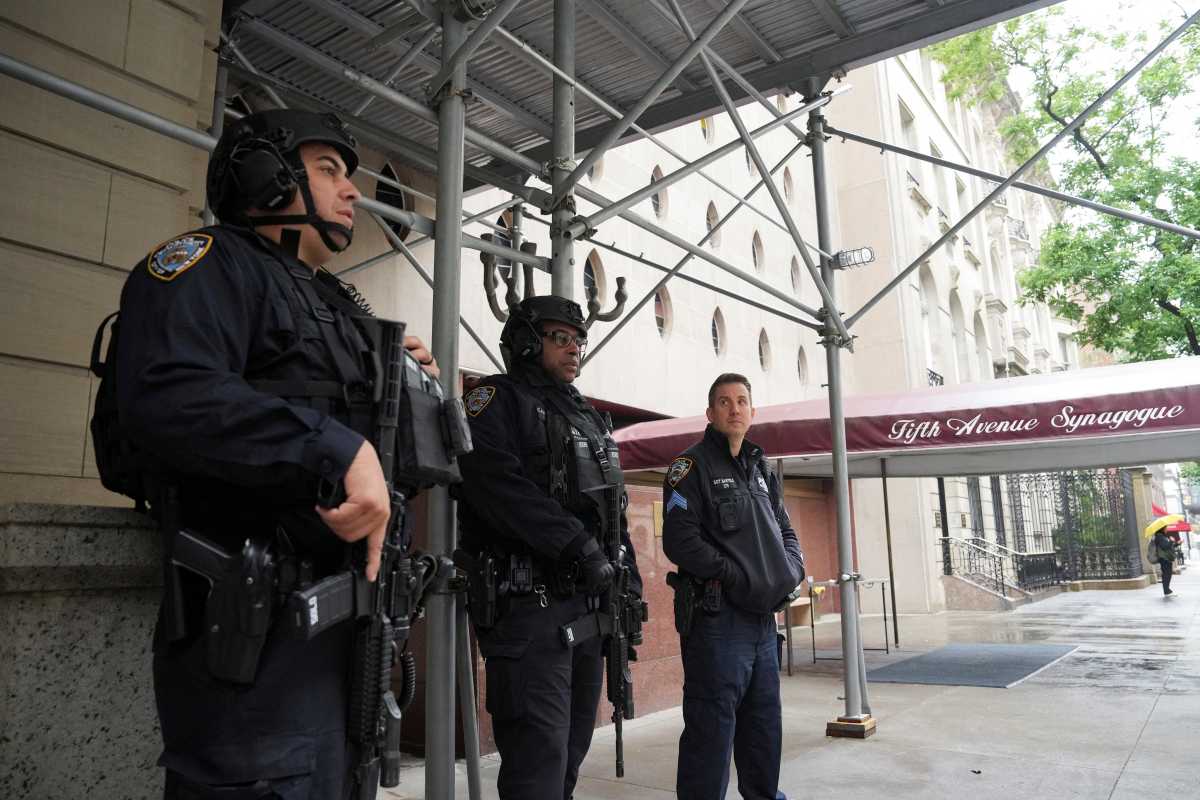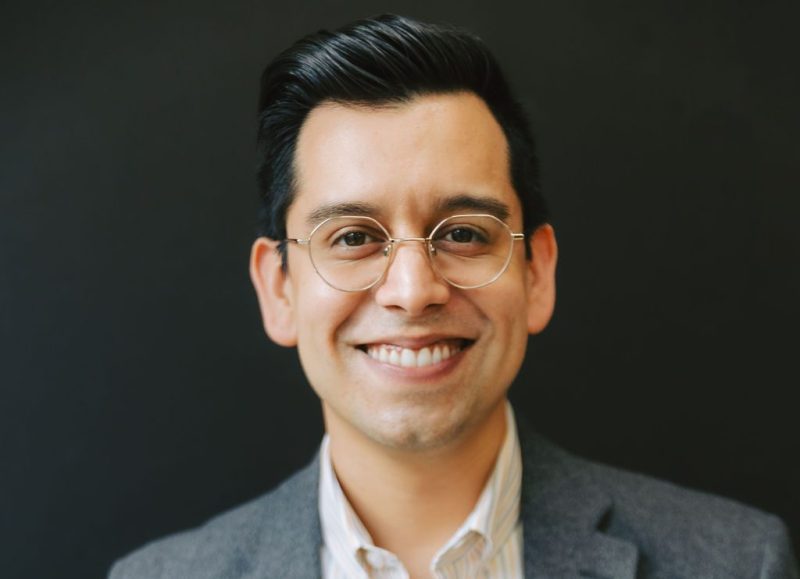By Dustin Brown
On the surface, one might expect state Assemblyman Michael Gianaris (D-Astoria) to line up closely on the issues with Jerry Kann of the Green Party, the only challenger for his seat.
After all, the incumbent has made protecting the environment the cornerstone of his first term in office, giving him a philosophical alliance with the party that was founded on an environmental platform.
But for Kann, an Astoria resident who also made a bid last year for the City Council seat now occupied by Peter Vallone Jr. (D-Astoria), Gianaris is what he called a “strong candidate” who nonetheless “needs to be challenged on a number of issues.”
Kann said his candidacy is meant “to represent a point of view, to bring up issues that would not be brought up at all if there was no one else in the race.”
Gianaris first won his seat two years ago when the post was vacated by longtime state Assemblyman Denis Butler (D-Astoria), and the Nov. 5 election represents his first bid as the incumbent. His district covers Astoria and Long Island City.
An Astoria native, Gianaris grew up in a household where “politics and government was always a subject that was discussed around the dinner table.” He joined the counsel’s office for the state Assembly after graduating from Fordham University and Harvard Law School, ultimately rising to deputy counsel before leaving that post to run for his seat.
Gianaris believes his greatest accomplishments in office emerged from his efforts to improve air quality in western Queens, which bears a high concentration of the city’s power plants. He not only sponsored legislation that encourages energy companies to clean up their power plants, but he also helped lobby Gov. George Pataki to agree to eventually close down the Charles Poletti Power Project, the single greatest polluter in the city.
“This is a unique position where I can work to pass laws which will have an effect on New Yorkers for years to come, but I can also help a senior citizen get their Social Security check or help someone who’s looking for housing,” Gianaris said.
The great challenge in the next term is tied to the schools, he said, “taking what we’ve done with accountability in the Board of Ed and turning it into real results for our children” at a time when resources are limited. He also wants to develop more middle-class housing, “so that people who have lived their whole lives in this neighborhood are not being priced out of it.”
Kann has divided his efforts between his own candidacy and that of Stanley Aronowitz, the Green Party’s gubernatorial contender. He decided to run on his own in the spring because “there are these issues that need to be raised.”
Although Kann described his chances of unseating the incumbent as “pretty long,” he is still optimistic. After all, “if you only got in a fight if you knew it was a sure thing, then you’re not much of a fighter,” he said.
Kann wants to see the state board that approves new power plants completely restructured to offer more community representation, and he is demanding a moratorium on plant construction until that happens.
“The power companies have gotten pretty much everything they’ve wanted,” he said. “That’s obviously undemocratic and wrong.”
Kann said he would plan to hold at least four public meetings a year as assemblyman so his constituents would “really give him an earful.”
Kann would push for the state to finance the construction of more affordable housing “because everything that the private market has put up in western Queens is luxury housing.”
He also wants the state’s campaign finance system to be overhauled to reduce the extent to which an individual or corporation with deep pockets can support a candidate.
“You have to slash the amounts that individuals and corporations are allowed to give to any campaign,” Kann said. He considers the city’s new system to be “a step in the right direction.”
Reach reporter Dustin Brown by e-mail at Timesledger@aol.com or call 229-0300, Ext. 154.

































